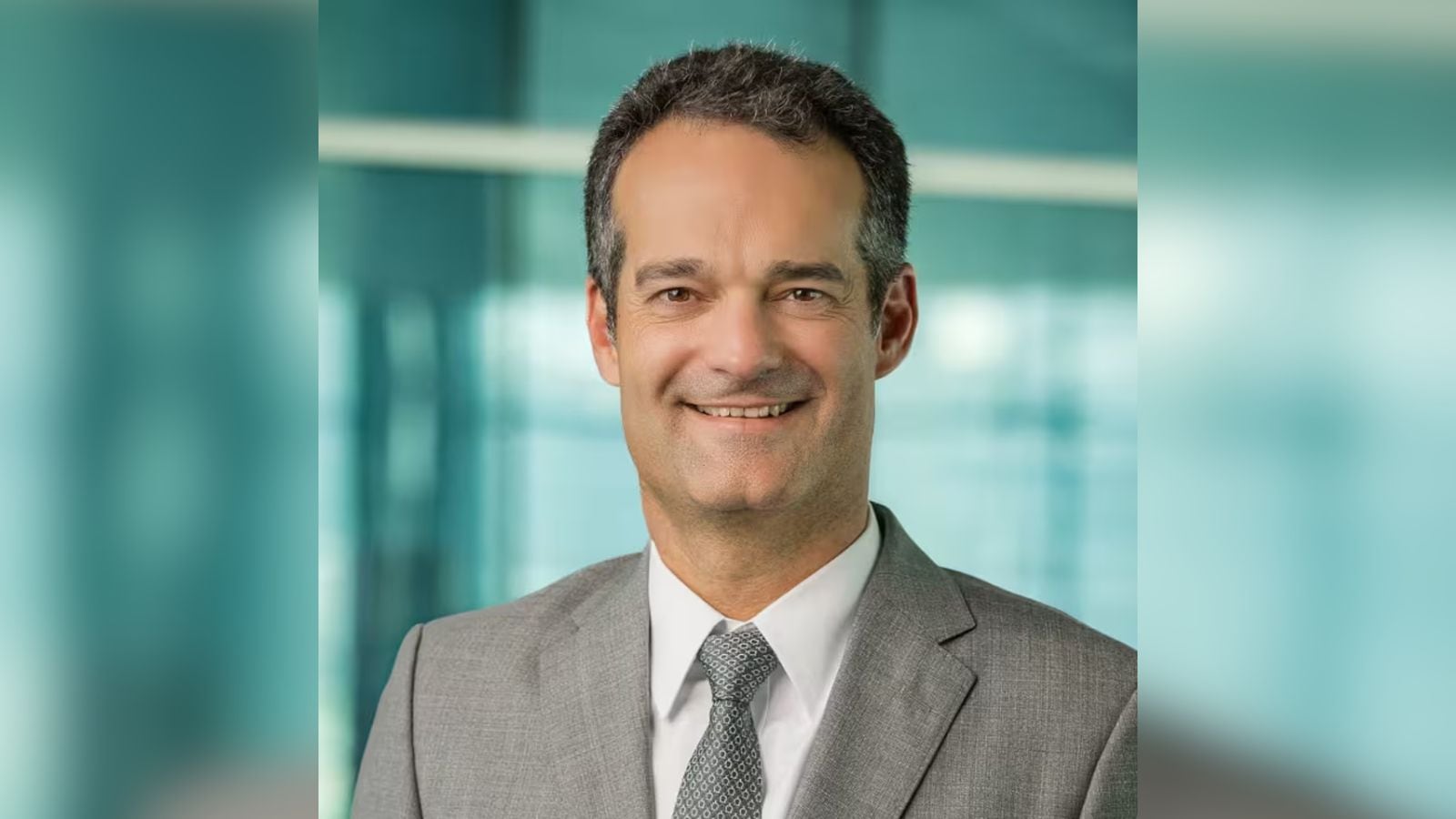The emirate of Abu Dhabi could be the next Gulf territory to approach India seeking an expansion of the bilateral air services agreement as existing traffic rights have been exhausted by Abu Dhabi-based Etihad as well as India’s airlines. According to Antonoaldo Neves, the Group Chief Executive Officer of Etihad Aviation Group, it is time for aviation authorities of India and Abu Dhabi to initiate discussions on expanding traffic rights, also called bilaterals in aviation parlance. While almost all major Indian airlines fly to Abu Dhabi and share the 50,000 seats per week per direction of the traffic rights among themselves, Etihad is the only carrier from the emirate and accounts for all the 50,000 seats in Abu Dhabi’s quota.
Till one-and-half years ago, both Eithad and Indian airlines had room available to add seats on India-Abu Dhabi routes. In fact, Indian carriers were together utilising just about 30 per cent of the seat quota at the time, while Etihad was using around 50 per cent, Neves said. But within the last one year, both sides have fully exhausted their respective traffic rights. Currently, there is no discussion between India and Abu Dhabi on expansion of bilaterals.
“We have about 170 flights per week. About one-and-a-half years ago, we were using only half of the bilaterals, but now we’re using all the traffic rights, and India too. IndiGo added a lot (of flights), and Akasa (Air) added some. IndiGo now is actually flying from 13 cities into Abu Dhabi…I think now we have all the conditions for starting a discussion again about traffic rights, because it’s going to be good for the Indian carriers as well as us,” Neves said.
The exhaustion of India-Abu Dhabi traffic rights comes at a time when another UAE carrier Emirates has been urging India to increase seats under the India-Dubai bilateral air services agreement beyond the limit of around 66,000 seats per week per direction, but the Indian government appears to be unwilling to lend an ear. Unlike air services agreements with most countries, India’s bilaterals with the UAE are emirate-specific.
The Indian government and major Indian carriers like Air India and IndiGo have ambitions to have more direct international connectivity from India and to turn the country into an international aviation hub. A significant number of passengers flying to far-off destinations from India take connecting flights through major global hubs outside the country, Dubai and Doha for instance. India wants its carriers to ramp up wide-body operations, instead of facilitating foreign airlines, particularly Gulf-based carriers with deep pockets, in ferrying passengers—transfer traffic from India—to Europe and beyond via their large hubs. Put simply, increasing seats under bilateral pacts does not sit well with India’s grand aviation ambitions.
Neves, however, said that the concern that large Gulf carriers like Etihad are taking away a lot of transfer traffic from India was unfounded, and that airlines price seats on the basis of demand and their network. He said that the demand is significant enough to accommodate transfer traffic as well as point-to-point traffic.
“The discussion that people always bring is this is transfer traffic and that is point-to-point. I could argue differently and I could say that I would love to get the point-to-point (traffic) that IndiGo is getting to Abu Dhabi…The flipside of that equation is, if I’m doing only transfer (traffic), I’m giving to IndiGo all the point-to-point traffic. My point is that the discussion about point-to-point versus transfer is just a silly discussion. We don’t price like that, we price to demand,” Neves said.
Story continues below this ad
Neves also argued that being restrictive on seat quotas amid growing demand was not in the interest of Indian consumers.
“If you regulate, it’s the start of the end. Because if you regulate, you go back to the old days where fares were controlled. India today has 200 million passengers because fares are not controlled anymore, that’s the only reason. Every time you try to put artificial controls, the market doesn’t grow,” he said.
While acknowledging that Etihad and possibly even Indian carriers may not have the aircraft capacity currently to add additional seats between India and Abu Dhabi, Neves said that they will have more aircraft in the coming years, and the time is apt for discussions on bilaterals to start.
“I think it should be done at the right time, at the right pace. My load factor today is 88 per cent. If I get more seats in India today, first, I need to cancel other flights to bring the planes here. I don’t want to do that…So, my point is it needs to go step by step, so we’re not in a hurry, but I think we need a dialogue… Of course, I understand that nobody wants to give 10 times more seats tomorrow. And that’s understandable, but there’s got to be a staggered approach that is good for everyone. It’s impossible that there is none,” Neves said.



